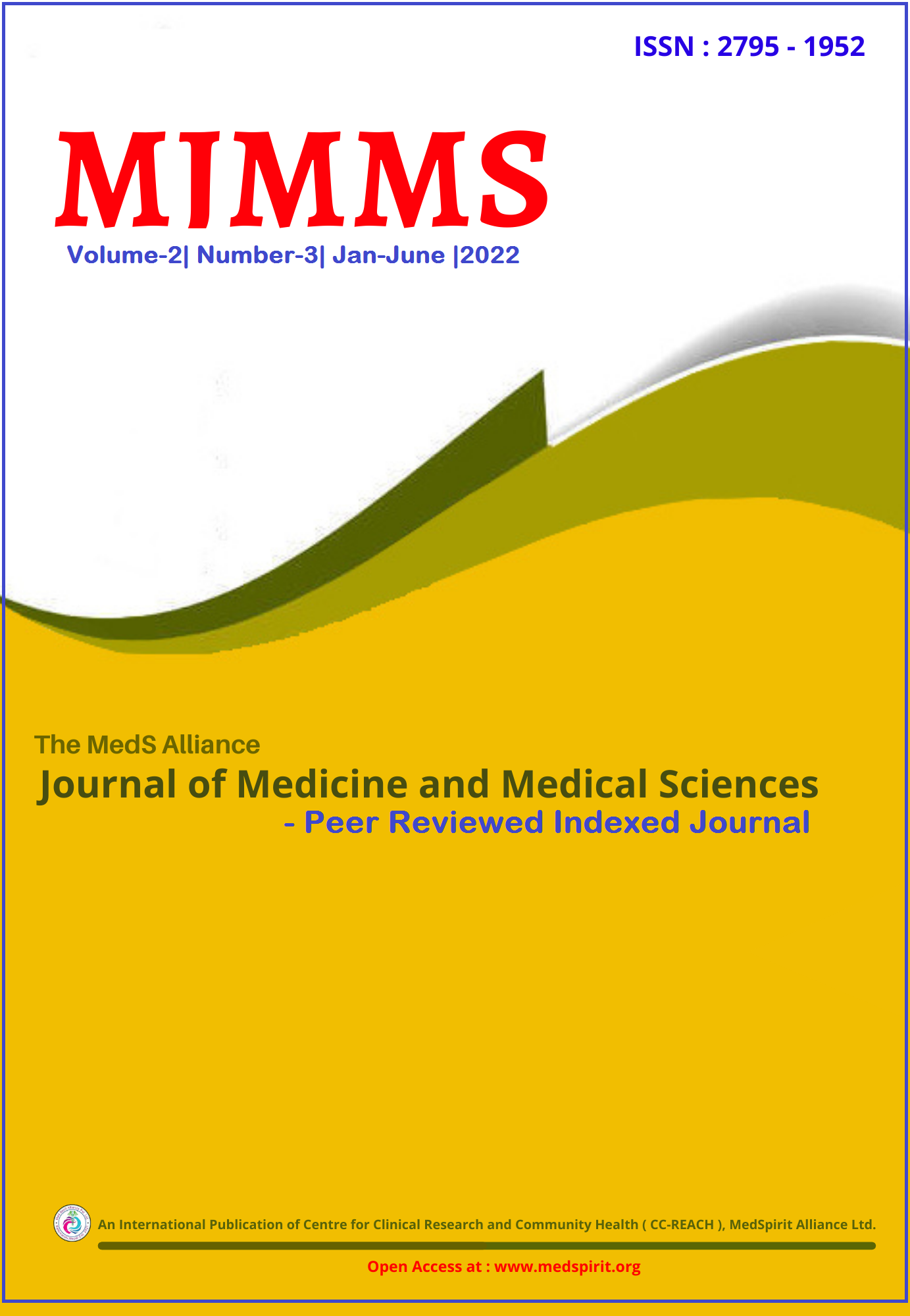Moral Distress among Nurses Working in a Teaching Hospital
DOI:
https://doi.org/10.3126/mjmms.v2i3.47750Keywords:
Bachelor level nurses, moral distress, PCL nursesAbstract
INTRODUCTION: Distress is a serious problem to nurses, the deepest source of distress that nurse’s experience has been arisen because of the variation between nurse’s values and reality of daily nursing practice. Moral distress referred to the cognitive-emotional dissonance that arises when one feels compelled to act against one’s moral requirements. Moral distress has a deleterious effect on patients, nurses, and organizations which results in decreased job satisfaction, increased turnover, and withdrawal from a job, and developing physical and psychological symptoms. The aim of this study is to assess the moral distress among the nurses in Chitwan Medical College Teaching Hospital.
MATERIALS AND METHODS: A descriptive, cross-sectional research design was conducted among 114 nurses of Chitwan Medical College Teaching Hospital by use probability, stratified random sampling technique. Data was collected by using Standard Hamric Modified Distress Scale-Revised (MDS-R).
RESULTS: The study finding revealed that majority of nurses (82.5%) had mild moral distress and 17.5% had severe moral distress. The father’s occupation was significantly associated with moral distress (p=0.035). Interestingly, a statically significant association was observed between moral distress and respondents who were utilizing facilities of government health insurance (p=0.013).
CONCLUSIONS: Nearly one fifth of the nurses have severe moral distress which is less in count but its effects may be severe. Hence special program needs to be organized by hospital admission for nurses to minimize the moral distress.
Downloads
Downloads
Published
How to Cite
Issue
Section
License

This work is licensed under a Creative Commons Attribution-NonCommercial 4.0 International License.




